tin tức nổi bật
-
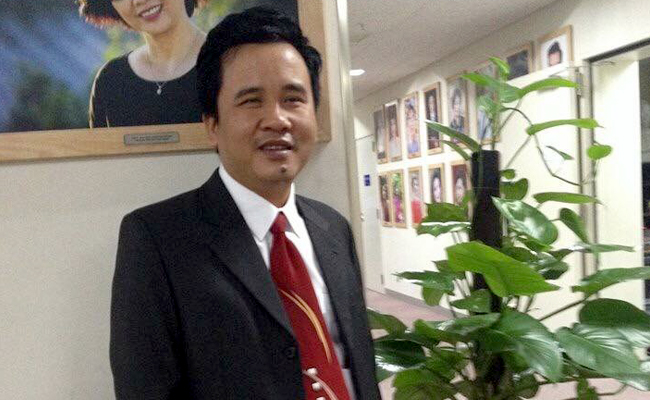 Hoàng Xuân Hạnh - Hoàng Kim: Doanh nhân người khiếm thị được biểu dương năm 2018
Hoàng Xuân Hạnh - Hoàng Kim: Doanh nhân người khiếm thị được biểu dương năm 2018
-
 Tôi mách bạn 6 Giải pháp hàng đầu để trở thành chuyên gia trong trị liệu: chữa bệnh và làm đẹp
Tôi mách bạn 6 Giải pháp hàng đầu để trở thành chuyên gia trong trị liệu: chữa bệnh và làm đẹp
-
 Hoàng Kim Massage thông kinh lạc toàn thân thải độc tố cơ thể, phục hồi sức khỏe, thổi bay những cơn đau bằng Công nghệ điện sinh học DDS
Hoàng Kim Massage thông kinh lạc toàn thân thải độc tố cơ thể, phục hồi sức khỏe, thổi bay những cơn đau bằng Công nghệ điện sinh học DDS
-
 Tẩm quất người mù Hoàng Kim tổ chức lớp Tập huấn kỹ thuật massage làm đẹp da mặt, massage giảm mỡ bụng cạo gió, giác hơi ống trúc cho nhân viên
Tẩm quất người mù Hoàng Kim tổ chức lớp Tập huấn kỹ thuật massage làm đẹp da mặt, massage giảm mỡ bụng cạo gió, giác hơi ống trúc cho nhân viên
-
Góp máy tính cho người khuyết tật
-
 Chương trình tài trợ 1000 máy xông hơi cho thành viên hội người mù việt nam
Chương trình tài trợ 1000 máy xông hơi cho thành viên hội người mù việt nam
-
.jpg) Những ngón tay dệt nên thần thoại
Những ngón tay dệt nên thần thoại
-
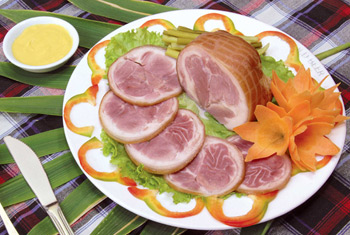 Quyển sách: Món ngon ngày tết
Quyển sách: Món ngon ngày tết
-
 Giám đốc Trung tâm Hoàng Kim được ghi nhận là thành viên tích cực của Hiệp hội thương mại điện tử Việt Nam (năm 2012)
Giám đốc Trung tâm Hoàng Kim được ghi nhận là thành viên tích cực của Hiệp hội thương mại điện tử Việt Nam (năm 2012)
-
video người mù vượt qua bóng tối (P1) (năm 2012)
-
 Giới thiệu 2: Đĩa âm nhạc tẩm quất người mù Hoàng Kim
Giới thiệu 2: Đĩa âm nhạc tẩm quất người mù Hoàng Kim
-
Tuyển dụng nhân viên làm tẩm quất ở Hoàng Kim
-
 Người giàu không ở... hai con mắt
Người giàu không ở... hai con mắt
-
Biển tẩm quất người mù bị trịch thu vì ảnh hưởng đến làng văn hóa
-
 Những ngón đàn xuyên suốt màn đêm
Những ngón đàn xuyên suốt màn đêm
-
.jpg) Hoàng kim trước thềm xuân mới.
Hoàng kim trước thềm xuân mới.
-
 Massage của người khiếm thị từ góc nhìn của một người “ngoại đạo”
Massage của người khiếm thị từ góc nhìn của một người “ngoại đạo”
-
 Xoa xát mắt để phòng cận thị và hoa mắt ở tuổi già
Xoa xát mắt để phòng cận thị và hoa mắt ở tuổi già

UNIT 11: Prepositions (giới từ)
Topic 10: Places (nơi chốn)
Topic 11: Materials (nguyên liệu)
I. Grammar
1. Prepositions are words that tell about the relationship between nouns, pronouns, and other words in one or more sentences.(giới từ là những từ nói về mối quan hệ giữa danh từ, đại từ và những từ khác trong một hoặc nhiều câu văn)
2. Prepositions can be single words (at, on, in, to …) or compounds of 2 or 3 words (in front of, because of, close to …).(giới từ có thể là từ đơn (at, on, in, to...) hoặc cụm từ với 2 hay 3 từ (in front of, because of, close to...)
3. One preposition can have different meanings. (1 giới từ có thể có nhiều nghĩa khác nhau)
4. Position in sentences:
a) Prepositions can stand before subjects, pronouns or -ing forms
(giới từ có thể đứng trước chủ ngữ, đại từ hoặc dạng –ing)
I’m at home. ("at” before subject)
She has a book from him. ("from” before pronoun)
The students are good in reading. ("in” before -ing form)
b) Prepositions also stand at the end of (giới từ cũng đứng cuối của)
- Questions with question words (câu hỏi với từ để hỏi) (who, where ...)
Who are you looking for? (bạn đang tìm ai vậy?)
- Indirect questions (câu hỏi gián tiếp)
I wonder what Sarah is interested in. (tôi thắc mắc Sarah thích cái gì)
- Infinitives (động từ nguyên thể)
She needs somebody to talk to. (infinitive: to talk)
II. Prepositions part I
1. At (tại, ở...)
- Time: for a precise time (cho một thời gian xác định)
Examples:
- I have a meeting at 9am.
- The shop closes at midnight.
- Jane goes home at lunchtime.
- What do you usually do at the weekend?
- Place: precise place or a point (địa điểm hoặc một điểm xác định): at work, at school...
Examples:
- Jane waits for you at the bus station. (Jane đợi bạn ở trạm xe buýt)
- The shop is at the end of the street. (cửa hàng ở phía cuối con đường)
-
I stop at the stadium and the museum (tôi dừng lại ở sân vận động và bảo tàng)
He is at the theatre tonight. (anh ấy ở nhà hát tối nay).
2. In (trong, vào...)
- Time: for months, years, centuries and long periods (dùng cho tháng, năm, thập kỉ và một quãng thời gian dài): In August, in winter, in the evening, in this year...
Examples:
- In England, it snows in December. (ở Anh, trời thường có tuyết vào tháng 12)
- Do you think we can go to the moon in the future? (bạn có nghĩ rằng liệu chúng ta có thể đi lên mặt trăng trong tương lai không?)
- When do you get up in the morning? (bạn thức dậy lúc mấy giờ vào buổi sáng)
- I was born in 1987. (tôi sinh vào năm 1987)
- Places: In Vietnam, in the building, in the cinema, in the hospital, in the countryside, in the world…
Examples:
- Do you work in an office? (bạn có làm việc ở văn phòng nào không?)
- I have a meeting in a restaurant in New York. (tôi có một cuộc họp ở một nhà hàng ở New York)
- Do you live in the South or in the North of Vietnam? (bạn sống ở miền Bắc hay miền Nam Việt Nam)
- She has good ideas in her head when she walks in the park. (cô ấy có những ý tưởng tốt trong đầu khi cô ấy đi bộ trong công viên)
3. On (trên, vào...)
- Time: For days of the week and special dates (dùng cho các ngày trong tuần và các ngày dặc biệt)
Examples:
- Do you work on Mondays? (bạn có làm việc vào thứ hai không?).
- Her birthday is on 20 November. (sinh nhật cô ấy vào ngày 20 tháng 11)
- Where are you on Christmas? (bạn sẽ ở đâu vào lễ Giáng sinh).
- Place: For a surface (cho bề mặt): On the skin, on the table …; directions + "the" (hướng + “the”): On the left/right/other side (bên trái/bên phải/bên kia) ..; transport (giao thông): On a bus, on the train…
-
Watch out!
- In English, people say “in a car”, not “on a car”. (trong tiếng Anh, mọi người thường nói “in a car”, không nói “on a car”)
- “To be ON time”: You arrive exactly at the fixed / arranged time (bạn đến giờ chính xác đã được sắp xếp/cố định) “To be IN time”: You are still on time but almost too late (bạn vẫn kịp giờ, nhưng đã muộn)
- Use “at” for small places, “in” for big places (dùng “at” cho địa điểm nhỏ, “in” cho địa điểm lớn)
We arrived at the village BUT we arrived in New York.
- If you use "last (trước), next (bên cạnh), every, this", don’t use "at, in, on" (nếu dùng “last, next, every, this” thì không dùng “at, in , on”)
I went to London last June. (not in last June) (anh ấy đi Luân Đôn tháng 6 trước)
He’ll come back next Tuesday. (not on next Tuesday)
I go home every Easter. (not at every Easter)
We are at home this evening. (not in this evening) (chúng tôi ở nhà vào tối nay)
4. About/around (khoảng)
-
to give an approximate number (đưa ra một con số gần chính xác)
- When I go to school, it takes about 30 minutes.
(khi tôi đi đến trường, mất khoảng 30 phút)
- I arrive at the airport about 10am. (tôi đến sân bay khoảng 10 giờ sàng)
- to mention something (đề cập cái gì đó)
Examples:
- I want to tell you about the opera house. (tôi muốn nói với bạn về ngôi nhà biểu diễn opera)
- I’m thinking about you all the time. (tôi nghĩ về bạn mọi lúc)
- I want to tell you about a new book about the history of Vietnam. (tôi sẽ nói cho bạn về một quyển sách mới về lịch sử của Việt Nam)
5. Of (của)
Examples:
- He is the son of my friend.
- The capital of Thailand is Bangkok.
- He is a man of talents.
To indicate the material (chỉ ra nguyên liệu)
This table is made of wood. (cái bàn này làm từ gỗ)
6. From (từ)
Examples:
- This train starts from Hue.
- I do it from 4pm on.
- Our flat is a long way from the station.
- I get a letter from my sister.
To indicate the material (chỉ ra nguyên liệu)
This wine is made from grapes. (rượu này làm từ nho)
-
Watch out!
- Made of: The chair is made of plastic. (cái ghế này làm từ nhựa) (You can still see the plastic: bạn vẫn có thể nhìn thấy nhựa)
- Made from: This sauce is made from fish (nước sốt này làm từ cá) (You can’t see the fish anymore: bạn không thể nhìn thấy con cá được nữa)
7. “With” (với) and “without” (không, ngoài)
a) With
Examples:
- Come and stay with us for some days.
- I have to talk with him about this problem.
- She cut herself with a knife. (cô ấy tự mình bị dao cắt)
To have sth:
- Do you see the man with the long hair in the post office? (bạn có nhìn thấy người đàn ông có mái tóc dài ở bưu điện không?)
- The dog with the big nose is my sister’s dog. (con chó có cái mũi to đó là chó của chị gái tôi)
b) Without
The opposite of "with" (đối lập với “with”)
Examples:
- He left without saying goodbye. (anh ta đi mà không nói một lời)
- I can do this exercise without help. (tôi không thể làm bài tập này nếu không có sự giúp đỡ)
8. To (với, đến, để....)
- to talk about “time”: It’s 10 to 9 (it means 8 hours and 50 minutes)
- to talk about a movement (nói về sự dịch chuyển)
Examples:
- I speak to him about the pagoda.
- Give the book to me.
- He comes to help me.
9. Past (qua)
To talk about time
Examples:
- It’s 10 past 9 (it means 9 hours and 10 minutes)
- At half past 12 our lesson starts. (12 hours and 30 minutes)
10. For (cho)
Examples:
- What can I do for you?
- Smoking is not good for you.
- He reads it for me.
III. Exercises
1. Put one preposition (at, on, in) into the gaps.
- Let's meet … seven o'clock.
- He was born ... July.
- … the year 1998.
- She’s at work ... Thursday.
- We meet ... Christmas day.
- They drive ... Berlin … September 15th.
- We arrive in this country … September.
- I love to go shopping … Christmas time.
- We get up early … the morning.
- Do you dream … night?
- What do you like to do … weekends?
- He’s doing ... his homework … the moment.
- I lived … Laos … the 1990s.
- We like to go ... the cinema … Fridays.
- Bye, bye. See you … some weeks.
2. Complete the sentences with the correct prepositions or no preposition.
- What are you talking …?
- What are you laughing …?
- He lives … his parents not far … here.
- Don’t be angry … me like that.
- I can’t cut … this knife.
- What do you talk … him …?
- You seem to know all … it.
- … next Friday, I have to finish the job.
- Can you help me … my exercise, please?
- Could you give us your ideas … this subject?
- Do you know what this chair was made …?
3. Complete the sentences with the correct prepositions or no preposition.
- She always gets up early ... the morning, so she can make it to class ... time.
- I need to call my parents. I didn’t call them ... a month.
- What is this cake made …?
- Mary stops talking ... the middle of her story, and starts to cry.
- Sorry Amy, I can not arrive … time. But I try to come … time.
- If she doesn’t arrive ... the next ten minutes, I’m leaving.
- What can I do … you?
- It’s 10 … five.
- She doesn’t want to be ... him.
- We arrive … our hometown.
- It is a little village … the countryside.
- This shirt is made … cotton.
IV. TOPIC 10: Places, TOPIC: 11 Materials
Betty’s fantasy town (thị trấn thú vị của Betty)
In the early morning Betty usually eats breakfast in her house. It is made of wool and Betty likes her home very much. Betty gets ready for her school. Her house is at a small village in the countryside and her school is in a big city. She gets on the bus and sits down. In the bus everything is made of soft cotton. It is very comfortable and Betty can sleep again.
After about 30 minutes she arrives in the centre of the city. Betty opens her eyes and looks around. What a surprise! The city looks so different, everything is new. Almost all buildings and houses are made of wood and metal now. Betty also sees the tall building of the university, now it is made of glass. Close to the university is the new opera house, it is made of gold and silver. Over there is a swimming pool made of paper and the police station is made of cotton. Crazy!
Betty searches for her school. Ah, there it is. It’s a big castle made of diamonds with fur around it. Betty’s school looks very nice. It is already half past 7. Betty is too late for her literature class. She arrives at her school at quarter to 7 with her schoolbag and searches for her friends.
They are in the classroom but without the teacher. Where is he? Maybe he is also too late. Betty wants to ask her friends about the teacher, but suddenly she wakes up in her bed at home. Only a dream. Betty looks around herself and sees that her house is made of bricks and not made of wool.
How boring... Betty wants to go back to her dream and her fantasy town.
Questions:
- What is Betty’s house made of?
- Where is her house?
- Where is her school?
- What is the bus made of?
- What does she do in the bus?
- Everything in the city is …?
- What is the university made of?
- At what time does she arrive in her school?
- Her friends are in the classroom but … the teacher.
- What is Betty’s house really made of?
Ý kiến độc giả
Các tin liên quan
- UNIT 1: Let’s learn English (học tiếng Anh)
- UNIT 2: Personal pronouns and ”to be”
- UNIT 3: Numbers (số)
- UNIT 4: Possessives (sở hữu) and "this, that, these, those”
- UNIT 5: Singular and plural (số ít và số nhiều)
- UNIT 6: Reflexives (đại từ phản thân)
- UNIT 7: Articles (mạo từ)
- UNIT 8: My day
- UNIT 9: Auxiliary verbs (trợ động từ) and sentence types (loại câu)
- UNIT 10: Present simple
Ảnh & vi deo sự kiện
-

Dự án tài trợ máy xông hơi cho Hội ng...
-

Hoàng Kim ra mắt Công ty cổ phần tư v...
-
Sinh nhật Website Hoàng Kim tròn 1 tu...
-

Tẩm quất người mù Hoàng Kim với công...
-
Kỷ niệm ngày người khuyết tật Việt na...
-
.jpg)
Tổng kết năm 2010 của Trung tâm Hoàng...
-
Tin nhanh
-
.jpg)
Sản phẩm - Dịch vụ
-
Khách hàng thân thiện
-

Nhân viên Hoàng Kim
tin tức mới
-
 Hoàng Xuân Hạnh - Hoàng Kim: Doanh nhân người khiếm thị được biểu dương năm 2018
Hoàng Xuân Hạnh - Hoàng Kim: Doanh nhân người khiếm thị được biểu dương năm 2018
-
 Doanh nhân khiếm thị tâm huyết / Chàng trai khiếm thị thành lập doanh nghiệp hỗ trợ nghề
Doanh nhân khiếm thị tâm huyết / Chàng trai khiếm thị thành lập doanh nghiệp hỗ trợ nghề
-
 Tôi mách bạn 6 Giải pháp hàng đầu để trở thành chuyên gia trong trị liệu: chữa bệnh và làm đẹp
Tôi mách bạn 6 Giải pháp hàng đầu để trở thành chuyên gia trong trị liệu: chữa bệnh và làm đẹp
-
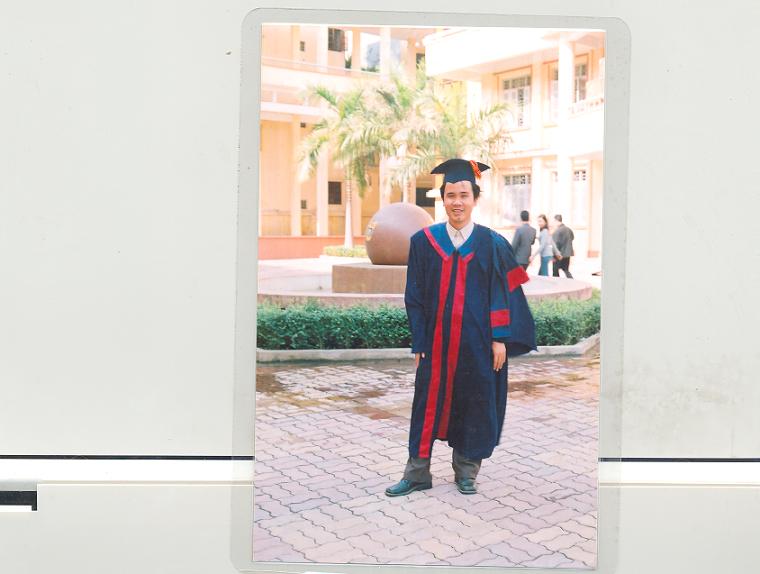 Giáo trình dạy học DDS – Điện sinh học
Giáo trình dạy học DDS – Điện sinh học
-
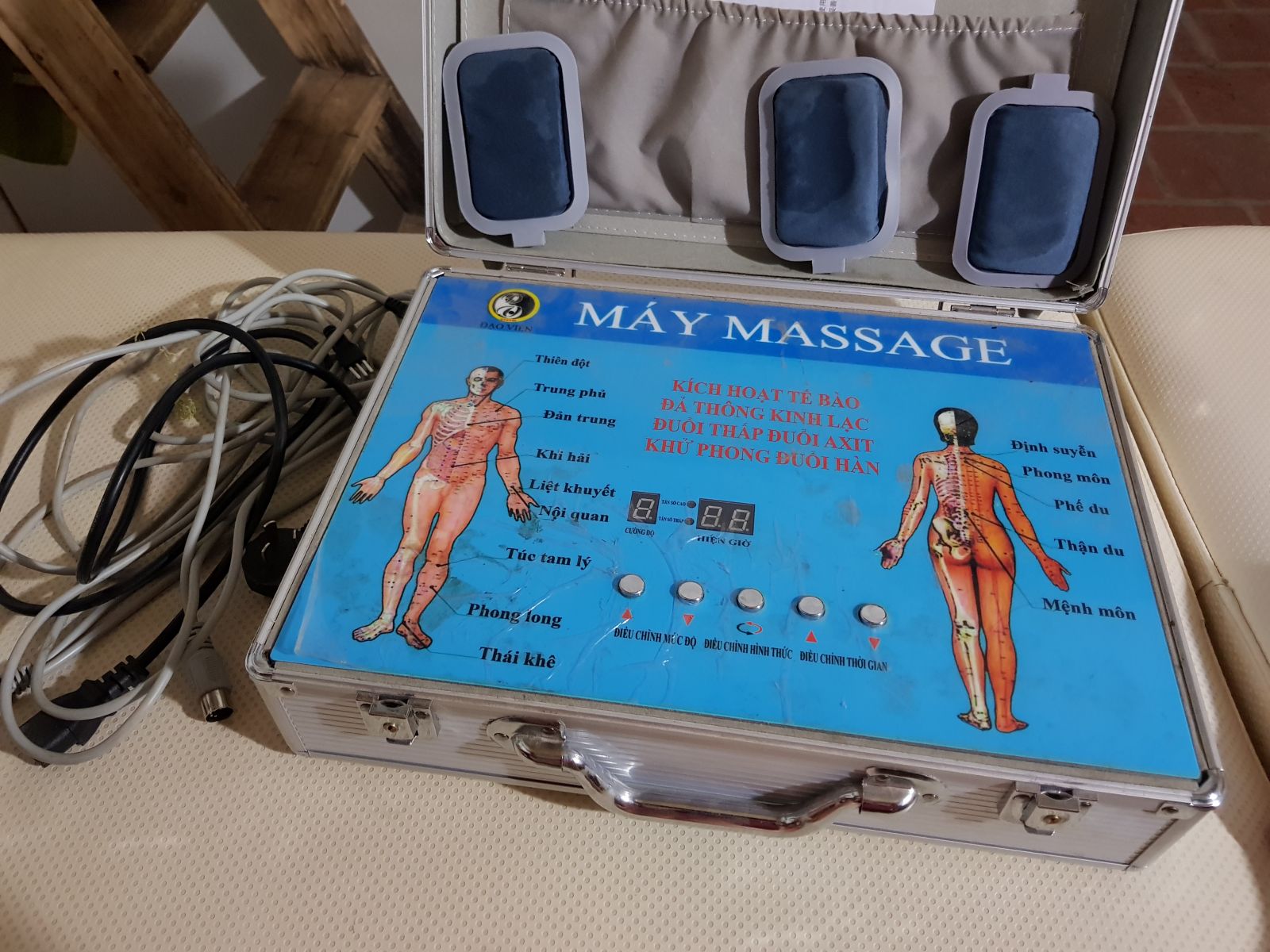 Ưu thế nổi bật của công nghệ DDS – Điện sinh học trong chữa bệnh và làm đẹp
Ưu thế nổi bật của công nghệ DDS – Điện sinh học trong chữa bệnh và làm đẹp
tin tức xem nhiều
-
 Hoàng Kim Massage thông kinh lạc toàn thân thải độc tố cơ thể, phục hồi sức khỏe, thổi bay những cơn đau bằng Công nghệ điện sinh học DDS
Hoàng Kim Massage thông kinh lạc toàn thân thải độc tố cơ thể, phục hồi sức khỏe, thổi bay những cơn đau bằng Công nghệ điện sinh học DDS
-
 Dịch vụ đăng quảng cáo đặt Banner giá rẻ - Hiệu quả bất ngờ
Dịch vụ đăng quảng cáo đặt Banner giá rẻ - Hiệu quả bất ngờ
-
 Xoa xát mắt để phòng cận thị và hoa mắt ở tuổi già
Xoa xát mắt để phòng cận thị và hoa mắt ở tuổi già
-
 Massage của người khiếm thị từ góc nhìn của một người “ngoại đạo”
Massage của người khiếm thị từ góc nhìn của một người “ngoại đạo”
Ủng hộ từ thiện



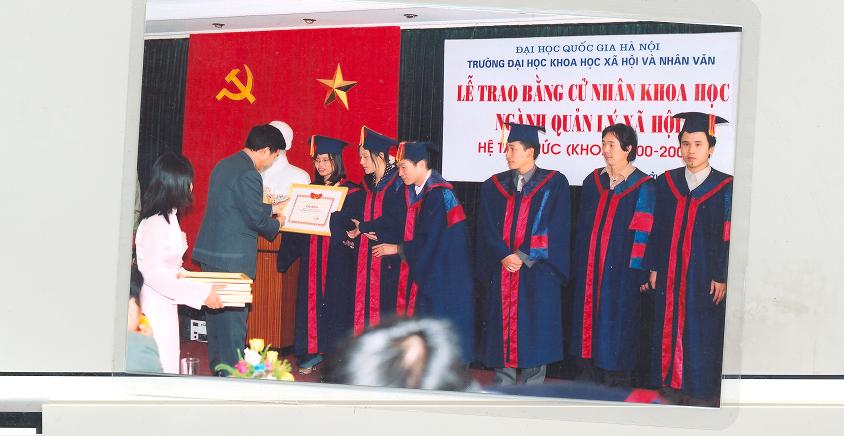



.JPG)

.JPG)
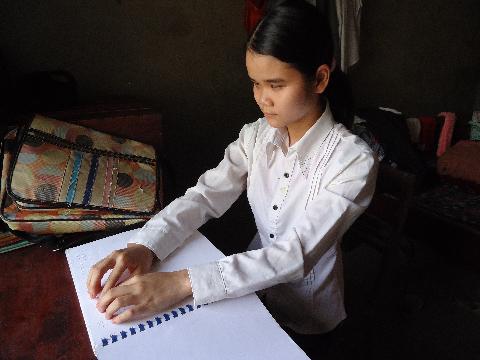
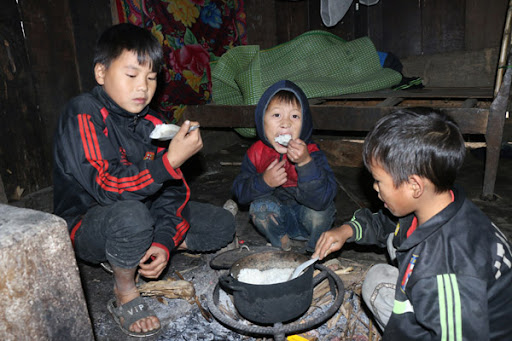
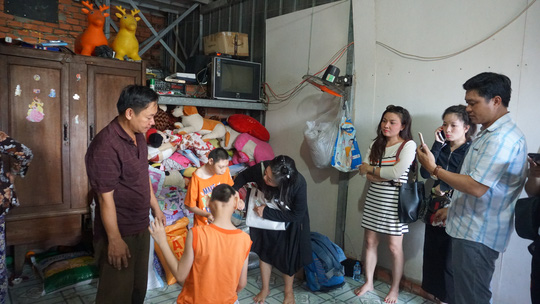
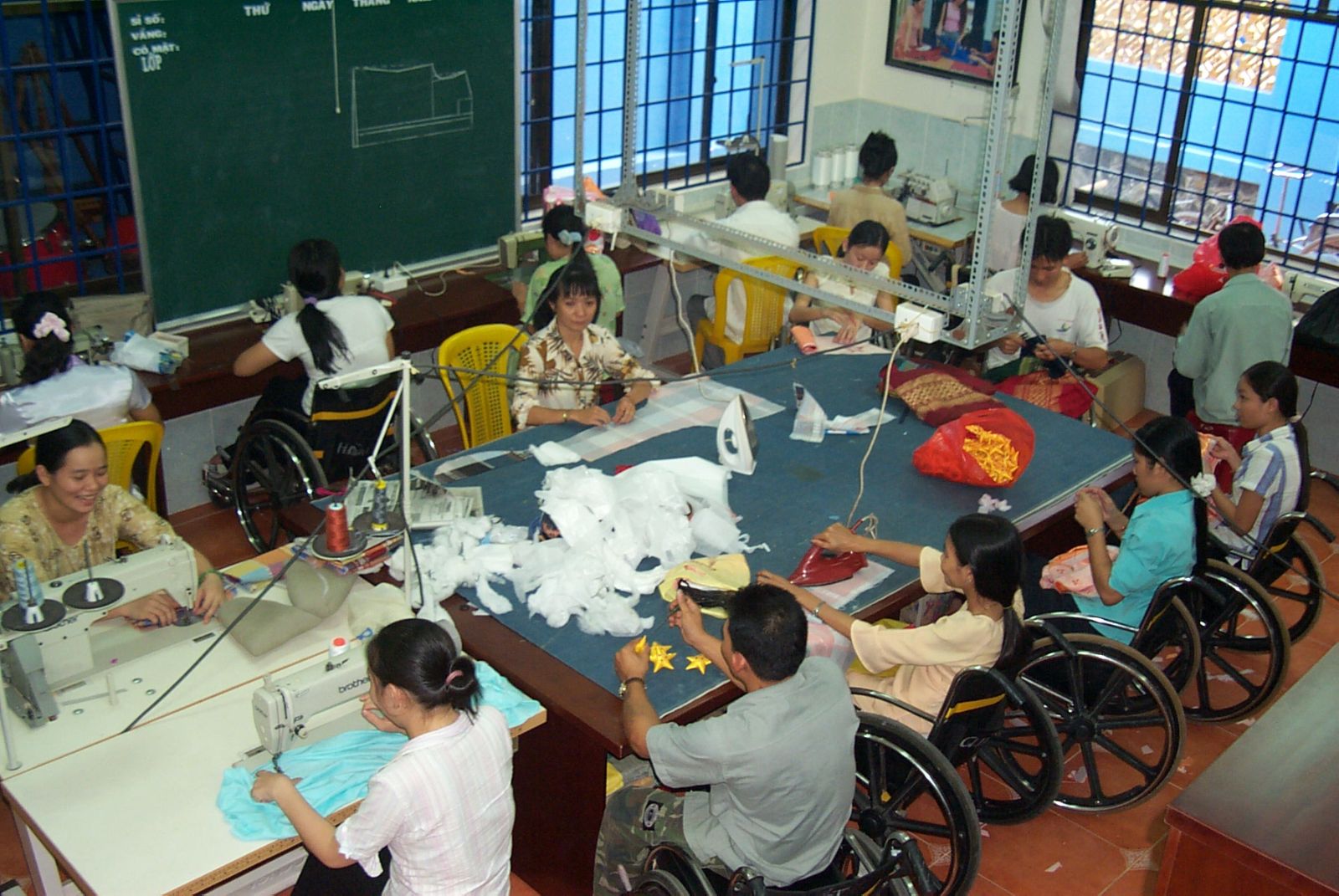



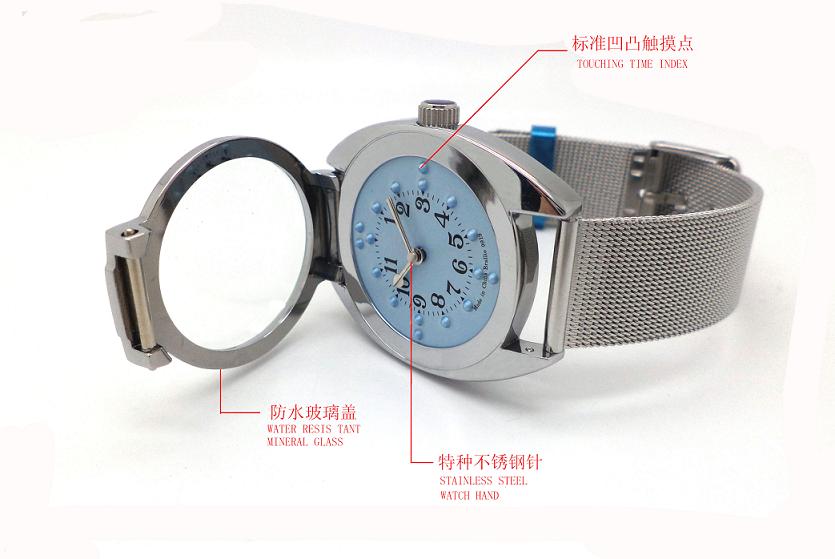
Bình luận